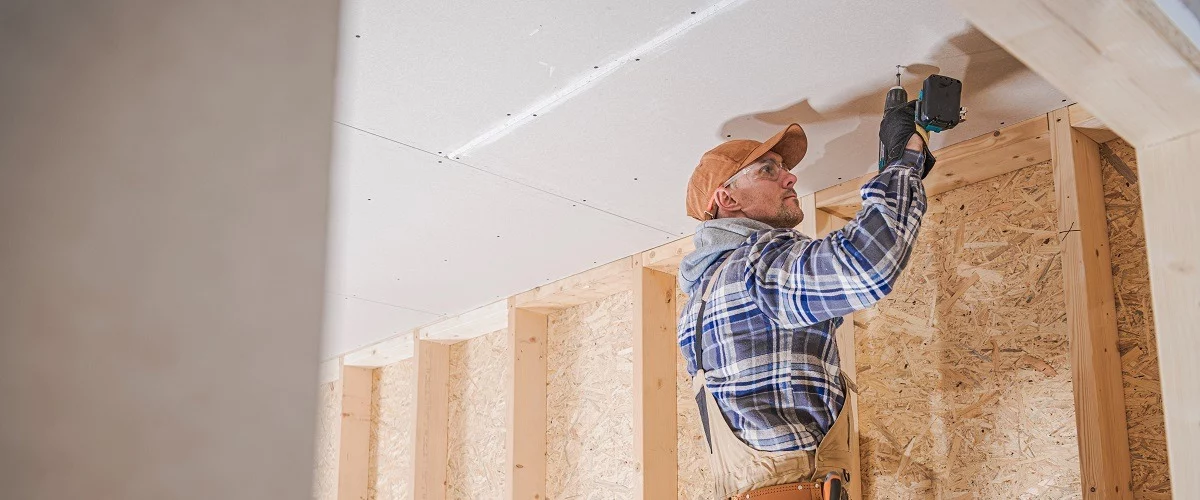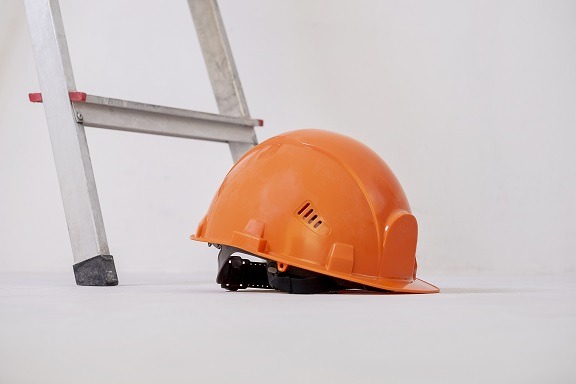


Our objective at PBIB is to offer the necessary coverage for your Drywall Contractor business to safeguard against potential losses. As insurance brokers, we have the flexibility to select from multiple insurance programs to best suit your specific insurance requirements. Our recommended coverage options include protection against property damage, personal injury, employee injuries, damage or loss of vehicles, tools & equipment, along with coverage for legal fees and indemnity:
PBIB will typically use numerous insurance companies to quote your insurance to give you the greatest deal and coverage for your needs. Every policy has adjustable payment options, such as yearly or monthly installments.

The most crucial insurance coverage for Drywall Contractors is General Liability, which shields your business from third-party claims like property damage or injuries resulting from your work. Even a small accident can significantly impact your company's future. If a third party suffers harm or property damage due to your business, a subsequent lawsuit can severely harm or even ruin your business. Our General Liability insurance prioritizes safeguarding your business assets, employees, and overall company from vulnerable situations and devastating lawsuits.
General Liability insurance may be mandatory for your Drywall Contractor license in your state or county of operation. PBIB offers full-service certificates during business hours, as well as 24/7 self-service certificates, which we refer to as "Insurance on your time".
General Liability for Drywall Contractors can help you pay for:

We offer the finest policies in the industry, guaranteed to protect you and your employees in the event of an illness or injury. Workers' compensation coverage pays for medical expenses and aids in recuperating lost income, allowing employees to get back on their feet. Additionally, in the event of a lawsuit, the workers' comp protects you. Choose our policy to protect both you and your workers.
If you are a Drywall Contractor without employees but require a workers' comp policy, we have you covered. Our policies will safeguard you and fulfill your customers' coverage requirements.
Workers' compensation may be a prerequisite for your Drywall Contractor license in the state or county where you operate. PBIB provides full-service certificates during business hours and 24/7 self-service certificates, which we call "Insurance on your time".
Workers' Compensation for Drywall Contractors can help you pay for:

Your Drywall Contractor business is dependent on company vehicles to transport you, your equipment, and materials to job sites. At PBIB, we understand the significance of your mobile workforce and offer insurance coverage to protect you in the event of truck damage or theft, ensuring a speedy return to work.
Commercial Auto insurance is a critical insurance coverage for Drywall Contractors and is mandatory for many projects. We provide full-service insurance certificates during business hours and 24/7 self-service certificates, which we refer to as "Insurance on your time", to ensure you are prepared for any situation.
Commercial Auto for Drywall Contractors can help you pay for:

Insurance coverage for the tools and equipment of Drywall Contractors is intended to safeguard their valuable movable property. Inland marine insurance, also referred to as tools and equipment coverage, shields your hardworking assets from typical risks such as theft and damage, whether they are at the worksite, in storage, or being transported to and from the job site.
Tools & Equipment for Drywall Contractors can help you pay for damaged or stolen:

Professional Liability insurance for Drywall Contractors protects against potential lawsuits arising from mistakes or errors made in your professional capacity. It covers legal costs, settlement payments, and other expenses associated with claims of negligence or failure to perform services. This insurance is crucial for Drywall Contractors to protect their business reputation and financial stability, and to provide peace of mind for their clients.
Professional liability insurance, also known as errors and omissions insurance, protects you in case a client sues you for damages resulting from your professional services. For example, if a client claims that your landscaping work damaged their property, or that you failed to properly maintain their garden resulting in the death of their plants, professional liability insurance can cover the costs of legal fees, settlements, and judgments.
Professional Liability Insurance can help your business with:

To obtain or keep your contractor license, most states require a license bond. The license bond ensures compliance with state regulations and protects customers from potential fraud.
The cost of a license bond can vary depending on your personal credit, license history, and contractor classification. However, you can obtain a license bond for as little as $70.
At PBIB, we offer a variety of bonds, including performance and payment bonds, and can provide an instant online quote and bind in just minutes. Simply enter your state and the required bond type, or select from our list of options, to obtain the bond you need quickly and easily.
Austin is the capital city of the U.S. state of Texas, as well as the seat and largest city of Travis County, with portions extending into Hays and Williamson counties. Incorporated on December 27, 1839, it is the 11th-most populous city in the United States, the fourth-most-populous city in Texas, the second-most-populous state capital city after Phoenix, Arizona, and the most populous state capital that is not also the most populous city in its state. It has been one of the fastest growing large cities in the United States since 2010. The Greater Austin and Greater San Antonio areas are separated from each other by approximately 80 miles (129 km) along Interstate 35. It is anticipated that both regions may form a new metroplex similar to Dallas and Fort Worth. Austin is the southernmost state capital in the contiguous United States and is considered a 'Beta -' global city as categorized by the Globalization and World Cities Research Network.
Wikipedia